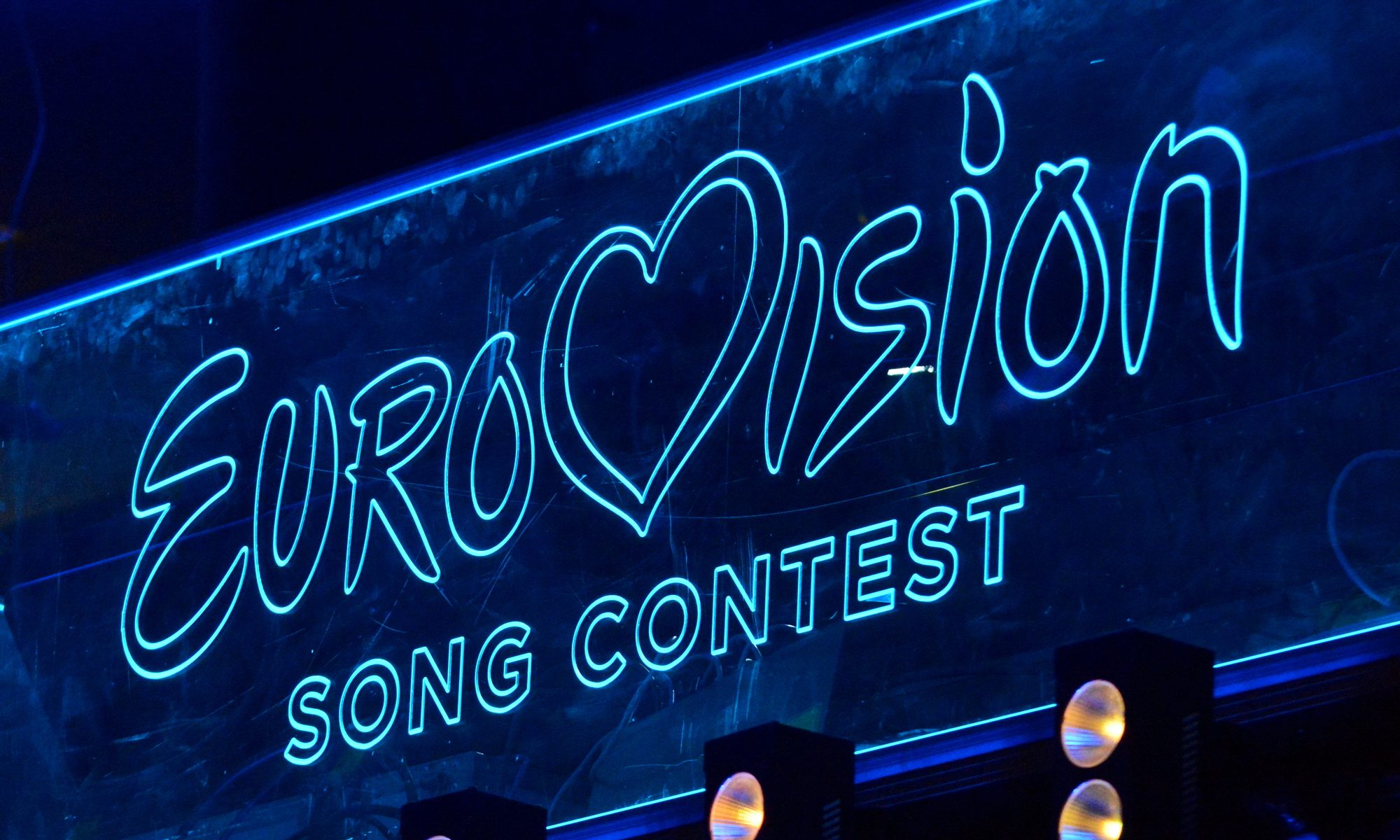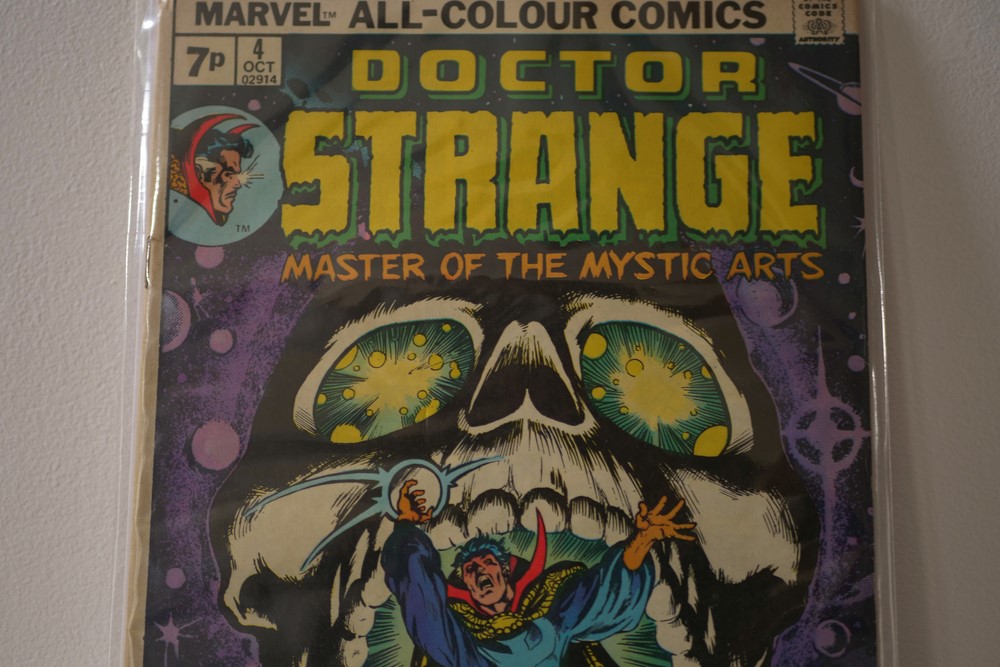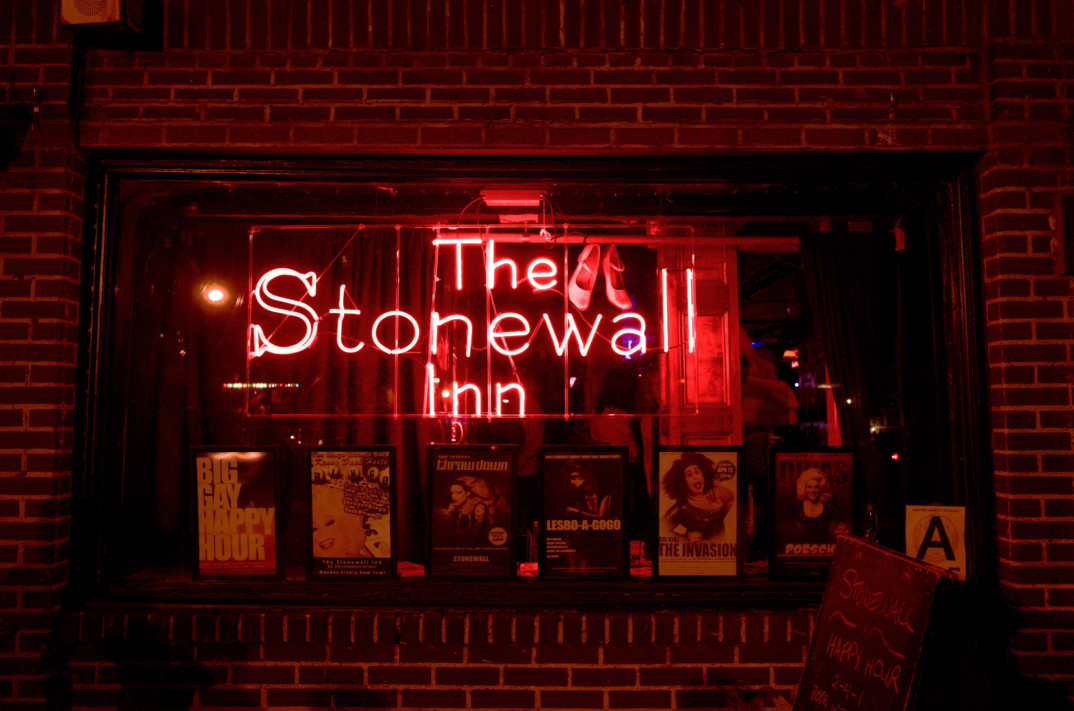On May 11th, Swiss artist Nemo won the Eurovision song competition with “The Code.” The nominally apolitical contest has always been somewhat of a stage for international drama, with this year’s Eurovision occurring with an additional pall of controversy due to the inclusion of singer Eden Golan as the representative artist from Israel. Activists hoped for something like the 2022 exclusion of Russia, and failing that, began pushing for both the artists and the broader public to boycott Eurovision for allowing Israel entry. The finals, held in Malmö, Sweden, occurred amid marches and protests. Performing to a polarized crowd, Golan took fifth, the 20-year-old singer having become a focal point of international politics. To what end we might ask?
For pro-Palestinian or anti-war activists, the question is likely more about tactics than ethical principle. Eurovision, for all its kitsch, is a major international event with significant mass media interest. Tethering their cause to the visibility of Eurovision may pay dividends. This line of thinking does not, however, necessarily explain why they pushed so hard to get Israel excluded from the contest. For some activists, the stated concern was whitewashing, in which the international competition provided Israel a convenient platform to present itself through shimmering pop rather than military violence. And indeed, Golan’s submitted song, “Hurricane,” was originally entitled “October Rain” in reference to the October 2023 attack on Israel by Hamas which killed over 1,000 Israelis and precipitated the current invasion. It was rewritten and retitled at the behest of Eurovision officials, but vague references remain in the lyrics.
It may also be ethically significant to force those with large platforms to take a stand. This echoes the ongoing Blockout 2024 movement which surged following the Met Gala, and encouraged social media users to block celebrities and influencers for failing to use their influence to call attention to Gaza. At core, this is something between a demand for good Samaritanism and good custodianship of power. The contention is that those who have platforms should use them to call out injustice where they see it, either because everyone has such an obligation, or because specifically those with power or influence have an incumbent responsibility. (The expectations of celebrity have been previously discussed by The Prindle Post.)
Lurking behind this is a deeper question of responsibility and accountability. War is something ostensibly done by nations, vast concatenations of peoples, geographies, laws, and institutions that are the primary players of international politics. Is it not somewhat facile to draw such a straight line between a young Israeli singer and the decisions of her country’s government? How does a nation, this abstract geopolitical entity, waging war, refract to the responsibility of those within?
For some philosophers, the answer is simply democracy. While citizens are generally unable to vote on war, and certainly not on specific military operations, they are involved in electing political leadership. Aspiring leaders in turn often have some public record about their inclinations towards war. Certainly Israeli Prime Minister Benjamin Netanyahu, in his decades in government, has never pretended to be anything other than a hawk (technically as Prime Minister he is elected by a parliament which is elected by the people). From this electoral agency ostensibly stems citizens’ responsibility for war.
But if so, it is a watered down responsibility as almost all citizens are far removed from having any personal agency in the decision to wage war. Moreover, war is often based on contingent circumstances that were likely not front of mind when the politician was being elected. Even if the citizen supports the government actions in question — and they very well may not, regardless of whether they support the politician — it is extremely unlikely that anything hinged on their individual vote. Further, decision making powers related to war, and especially military action, strategy, and tactics are often kept deliberately far from voters. Such power is held almost solely by executive political and military leadership. Moreover, military leadership, with the likely exception of commander-in-chief, are not elected positions. Altogether this entails that citizens, even acting collectively in well-functioning democracies, have almost no formal capacity to check military decisions other than to elect different political leadership. Some philosophers, such as the political scientist Neta Crawford, argue that this situation means citizens have a moral obligation to stay educated on their country’s military actions and protest if they believe an unjust war is occurring. Although Crawford’s primary interest is a citizen’s responsibility given an unjust war, not necessarily their responsibility for the war in the first place.
Michael Walzer, a political philosopher, contends in his influential book Just and Unjust Wars that “there should be little difficulty in blaming heads of state [for aggression]. The hard and interesting questions arise when we ask how responsibility for aggression is diffused throughout a political system.” And yet, the Eurovision example raises an interesting contrasting point, for among the broader public, blame for war spreads like wildfire, hardly staying confined to the upper echelons of government. If anything, the fact that only a small number of powerful people actually had decision-making power is obscured by the image of a nation at war. A song contest is seen as strategic propaganda. Israel, which has long been internally divided about Palestine and has seen continuous peace marches and protests since October, is taken as univocal on their military actions. Soldiers, many of whom are performing mandatory service, are almost universally viewed as villains. From a perspective which emphasizes the culpability of decision-making powers, as opposed to more diffuse forms of responsibility, almost all individuals on both sides of the conflict become cogs simply caught in the gears of international politics.
Some of the staunchest criticism of Israel’s action in Gaza, point out that most people there are not Hamas; that these individuals, even if perhaps supporting from afar, did not plan or participate in military actions against Israel; that they are civilians and do not deserve to suffer as collateral damage in a larger conflict. (What “suffer” means in this context is of course worlds apart from any unpleasantness that occurred at Eurovision.) But pop stars and other celebrities are legitimate targets of criticism if one accepts the idea that we have a responsibility to do something and not merely the duty to take responsibility for something. And yet, there is a certain shared reductionism in equating Golan with Israel and the average Gaza resident with Hamas. The real challenge may be maintaining focus on those who actually have decision-making power and are publicly accountable for its use.



